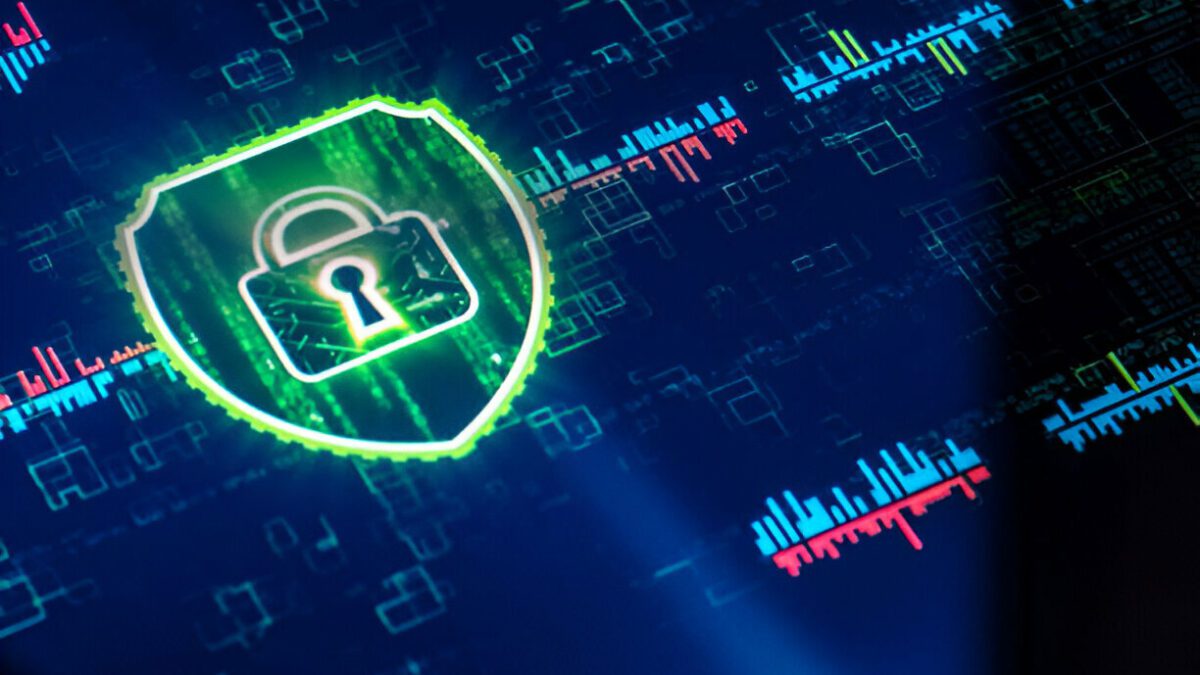Pro-Tech’s Approach to Cybersecurity in Smart Manufacturing
Pro-Tech’s comprehensive approach to cybersecurity in smart manufacturing involves several key strategies designed to safeguard industrial systems against cyber threats. Here are some of the core components of Pro-Tech’s cybersecurity solutions:
1. Risk Assessment and Management
Effective cybersecurity begins with understanding the potential risks and vulnerabilities in the manufacturing environment. Pro-Tech conducts thorough risk assessments to identify weak points and assess the potential impact of cyber threats. This includes:
– Identifying Critical Assets: Determining which systems and data are most vital to operations.
– Evaluating Attack Vectors: Analyzing potential pathways for cyberattacks.
– Assessing Impact: Estimating the consequences of a successful attack on operations and safety.
Once risks are identified, Pro-Tech develops a risk management plan to address these vulnerabilities through preventive measures and mitigation strategies.
2. Network Segmentation
Network segmentation involves dividing a network into smaller, isolated segments to limit the spread of cyber threats. Pro-Tech’s network segmentation strategies help contain potential breaches and protect critical systems. By isolating sensitive data and production networks from less secure areas, Pro-Tech minimizes the risk of widespread damage from cyberattacks.
3. Real-Time Threat Detection and Response
Pro-Tech leverages advanced threat detection technologies to monitor network traffic and system activities in real-time. This includes:
– Intrusion Detection Systems (IDS): Tools that identify unauthorized access attempts.
– Security Information and Event Management (SIEM): Platforms that aggregate and analyze security data to detect anomalies.
– Endpoint Protection: Software that safeguards individual devices from malware and other threats.
Pro-Tech’s solutions use machine learning and AI to detect suspicious behavior and respond swiftly to potential threats, ensuring minimal disruption to manufacturing operations.
4. Cybersecurity Training and Awareness
Human error is a significant factor in many cybersecurity incidents. Pro-Tech emphasizes the importance of cybersecurity training and awareness programs for employees. These programs educate workers on best practices for cybersecurity, such as recognizing phishing attempts, using strong passwords, and adhering to security protocols. By fostering a culture of cybersecurity awareness, Pro-Tech helps businesses reduce the risk of human-related vulnerabilities.
5. Secure Remote Access
The rise of remote work and remote monitoring in smart manufacturing necessitates secure remote access solutions. Pro-Tech implements robust authentication and encryption measures to ensure that remote access to manufacturing systems is secure. This includes multi-factor authentication (MFA), Virtual Private Networks (VPNs), and secure gateways to protect against unauthorized access.
6. Continuous Monitoring and Maintenance
Cybersecurity is not a one-time effort but an ongoing process. Pro-Tech provides continuous monitoring and maintenance services to ensure that manufacturing systems remain secure. This includes:
– Regular Security Audits: Periodic assessments to identify and address new vulnerabilities.
– Patch Management: Keeping software and firmware up-to-date with the latest security patches.
– Performance Monitoring: Tracking system performance to detect potential issues early.






